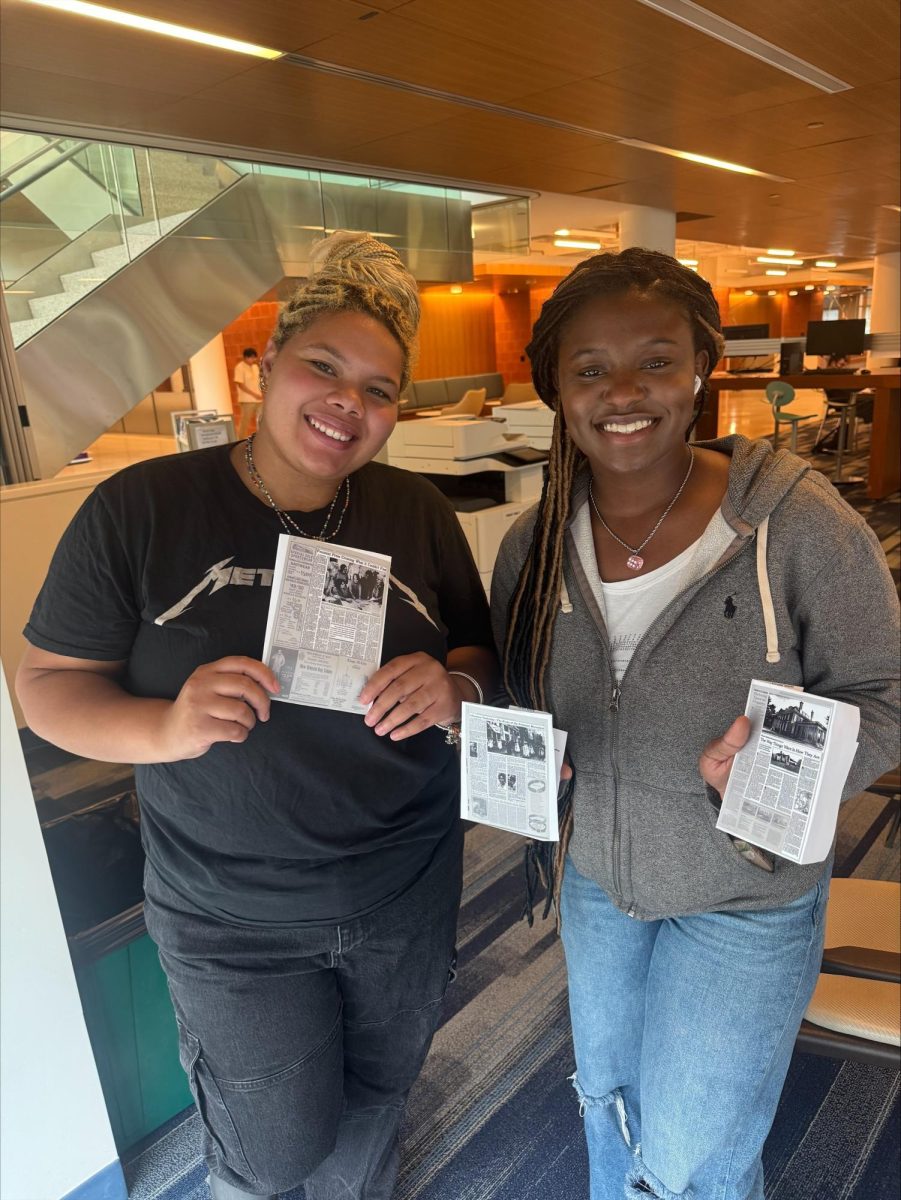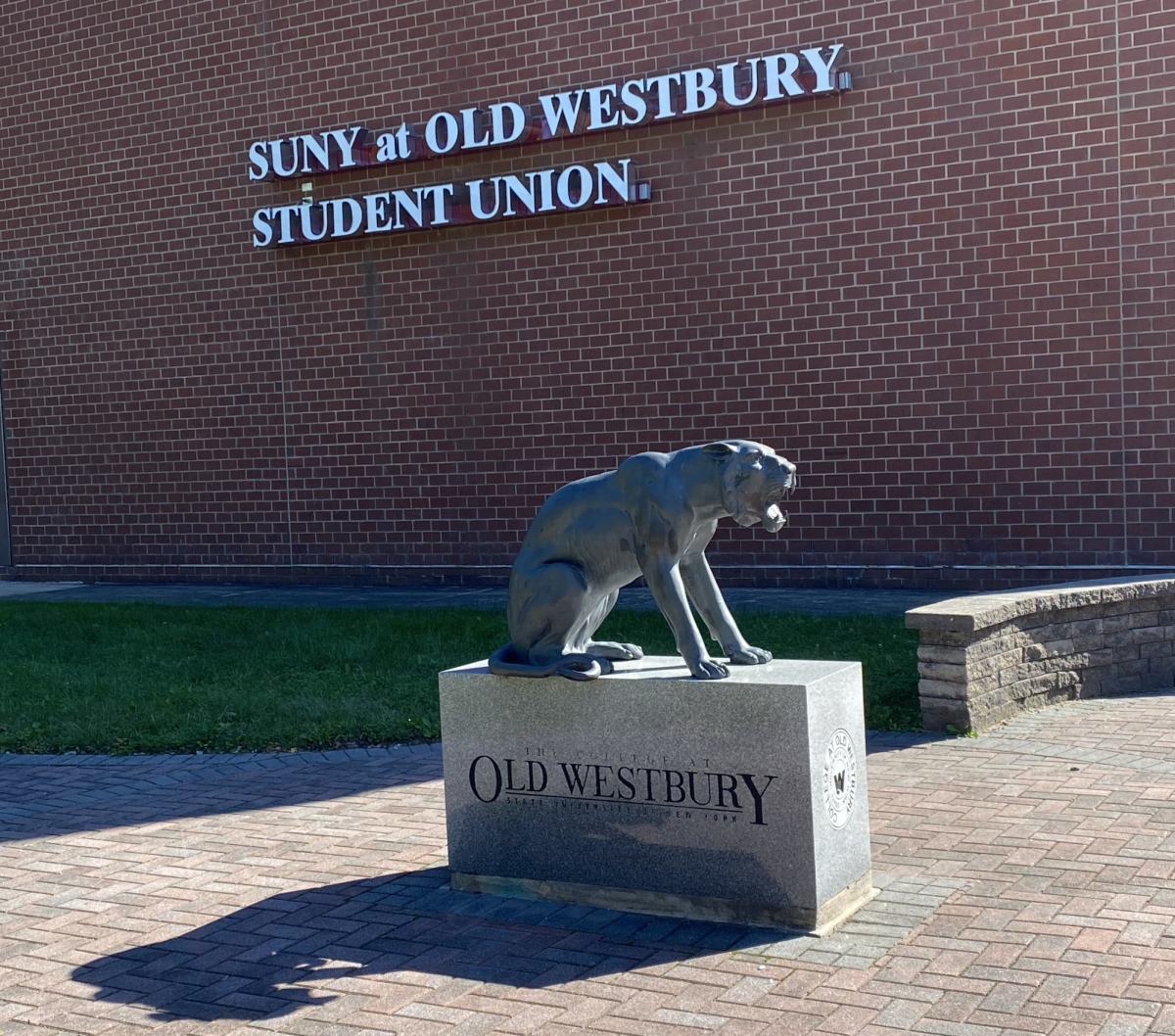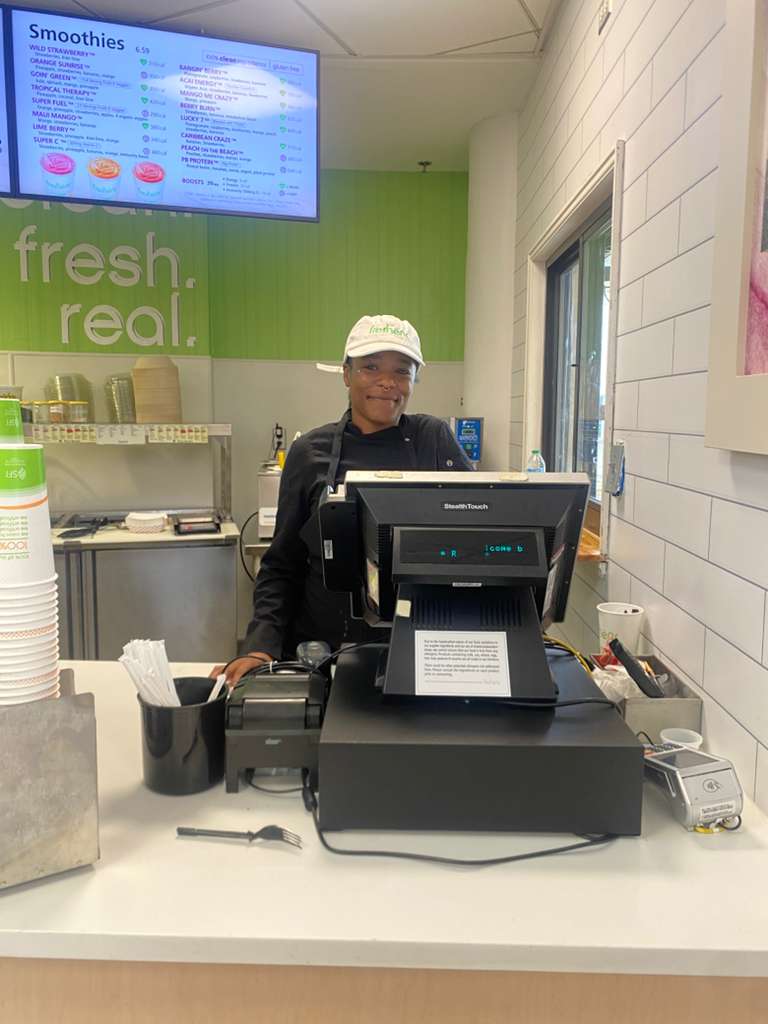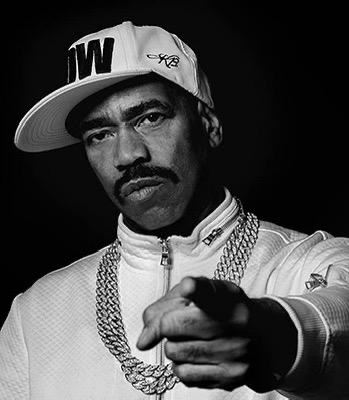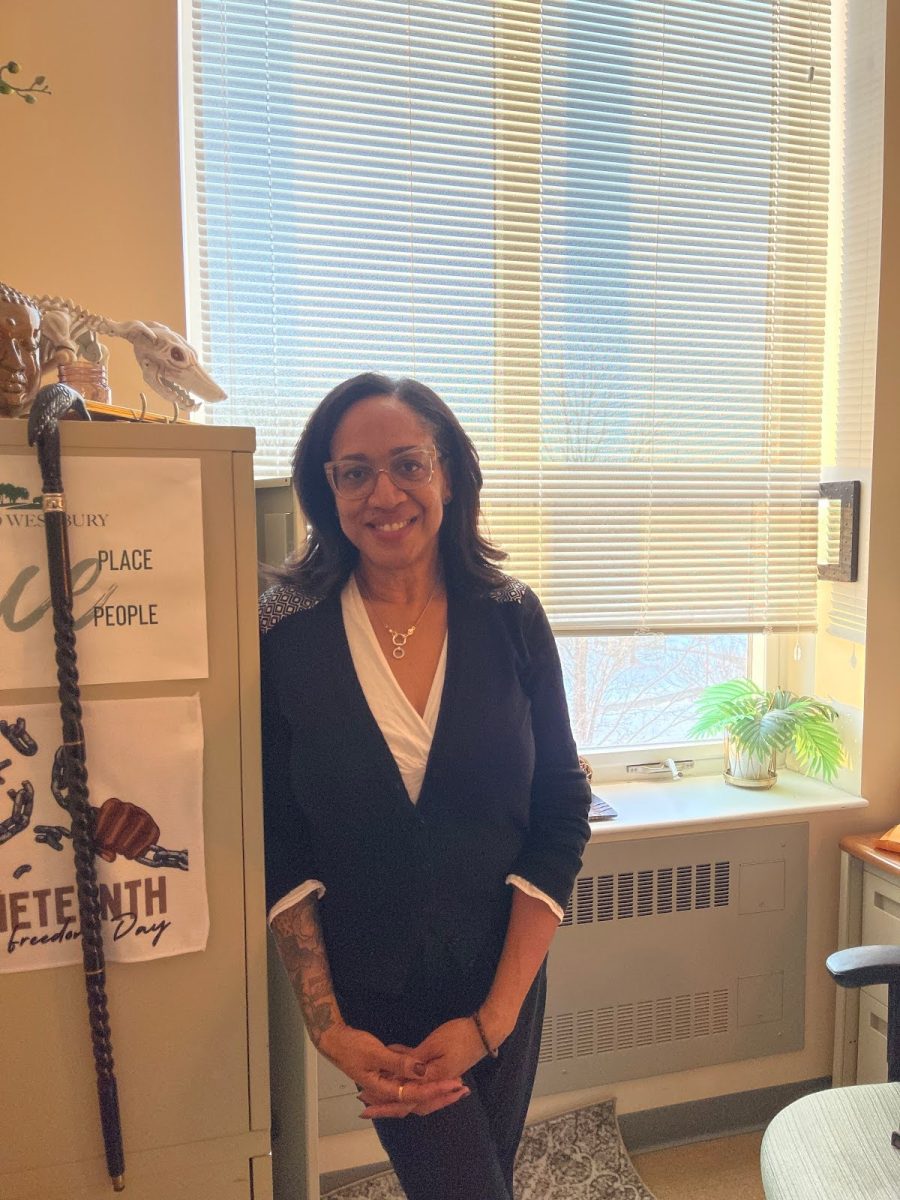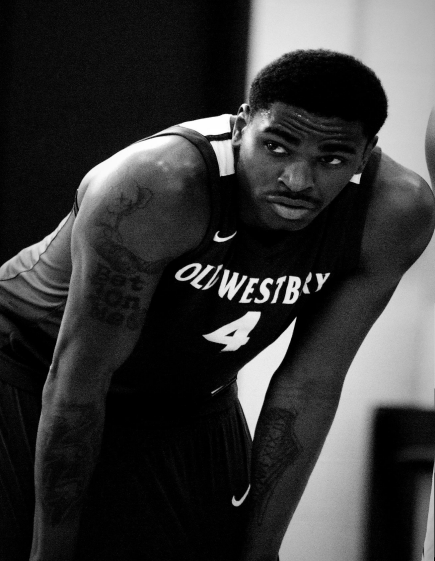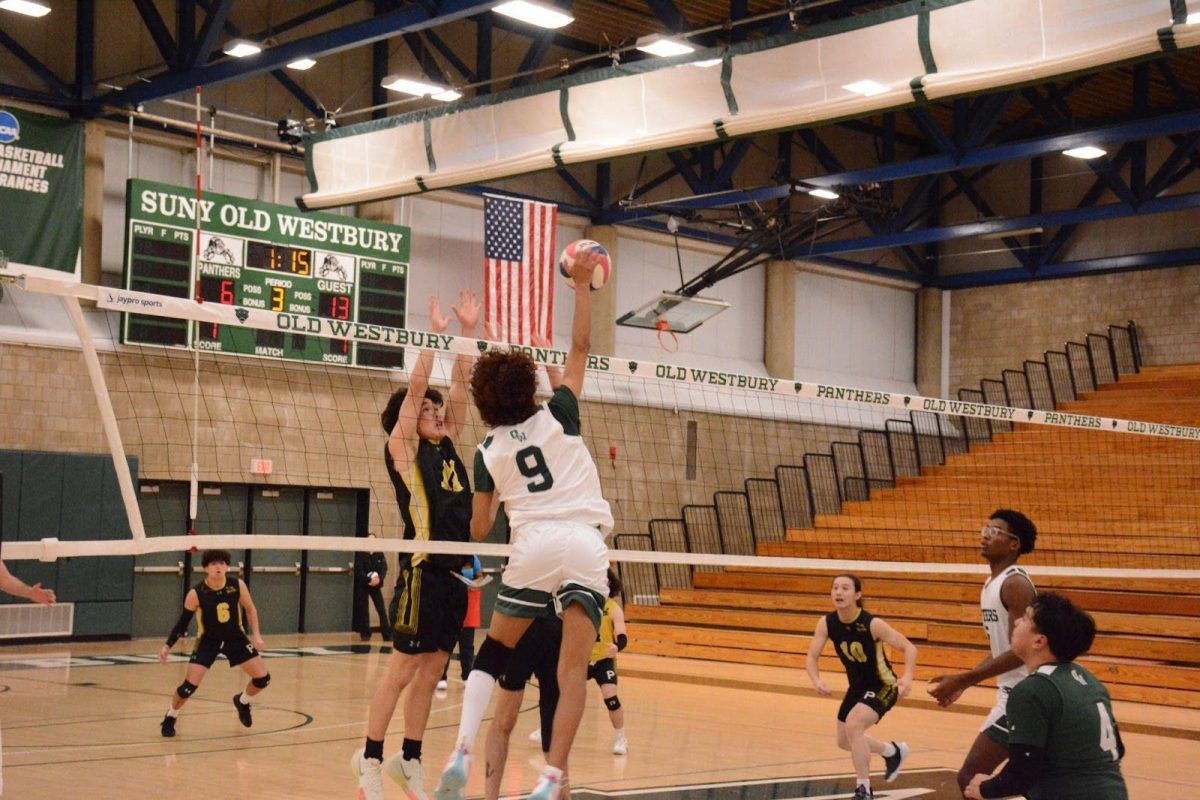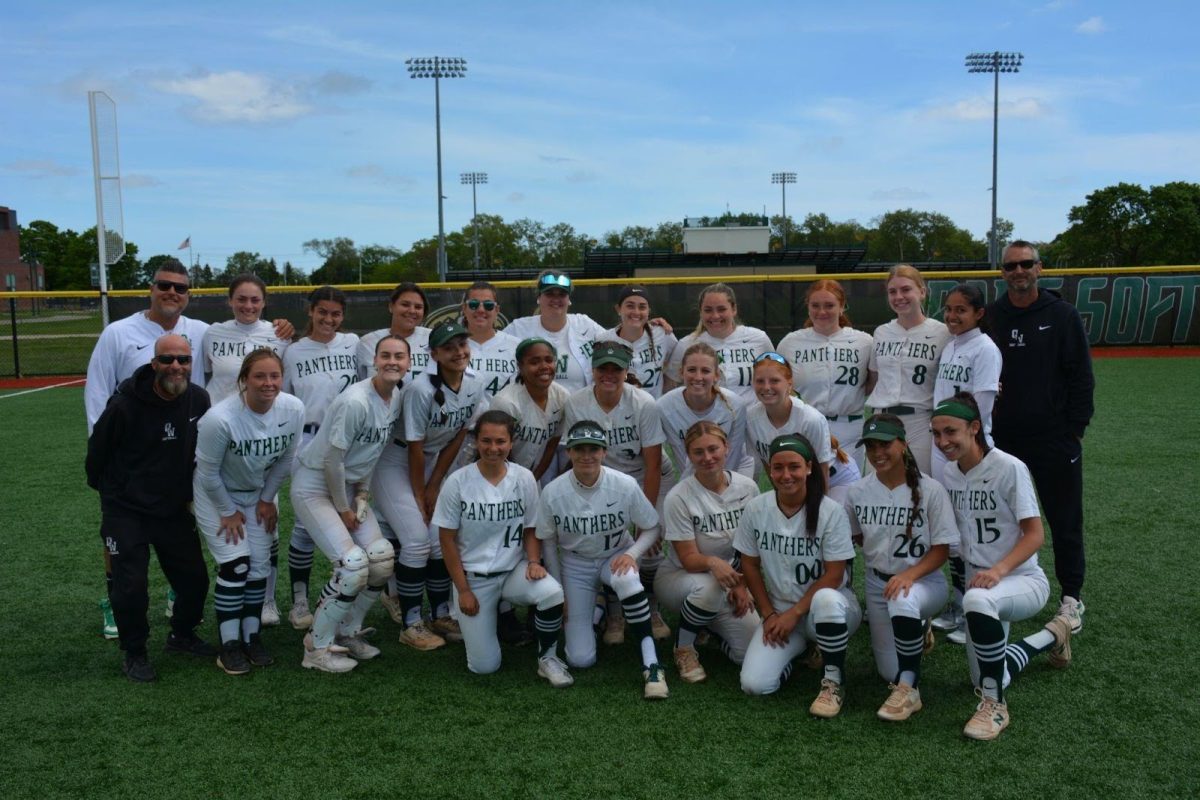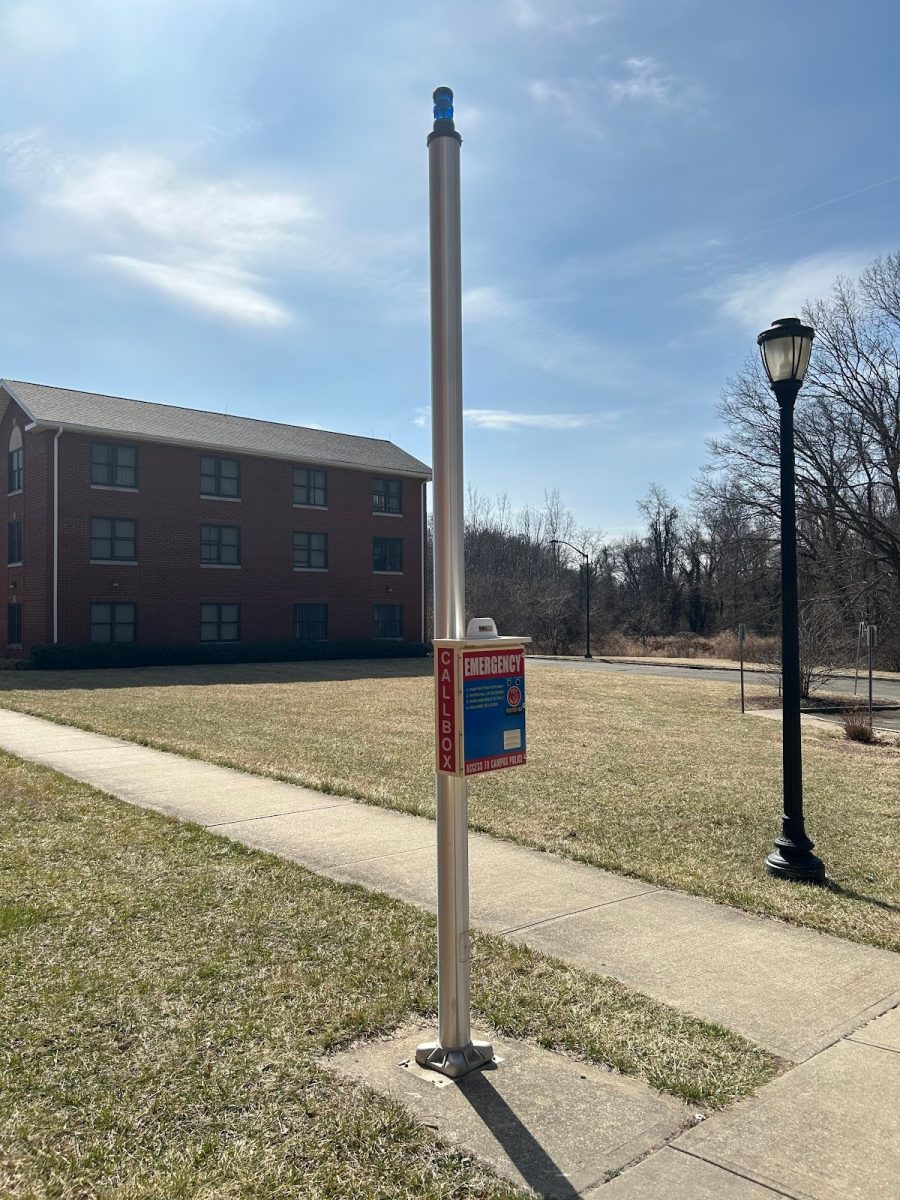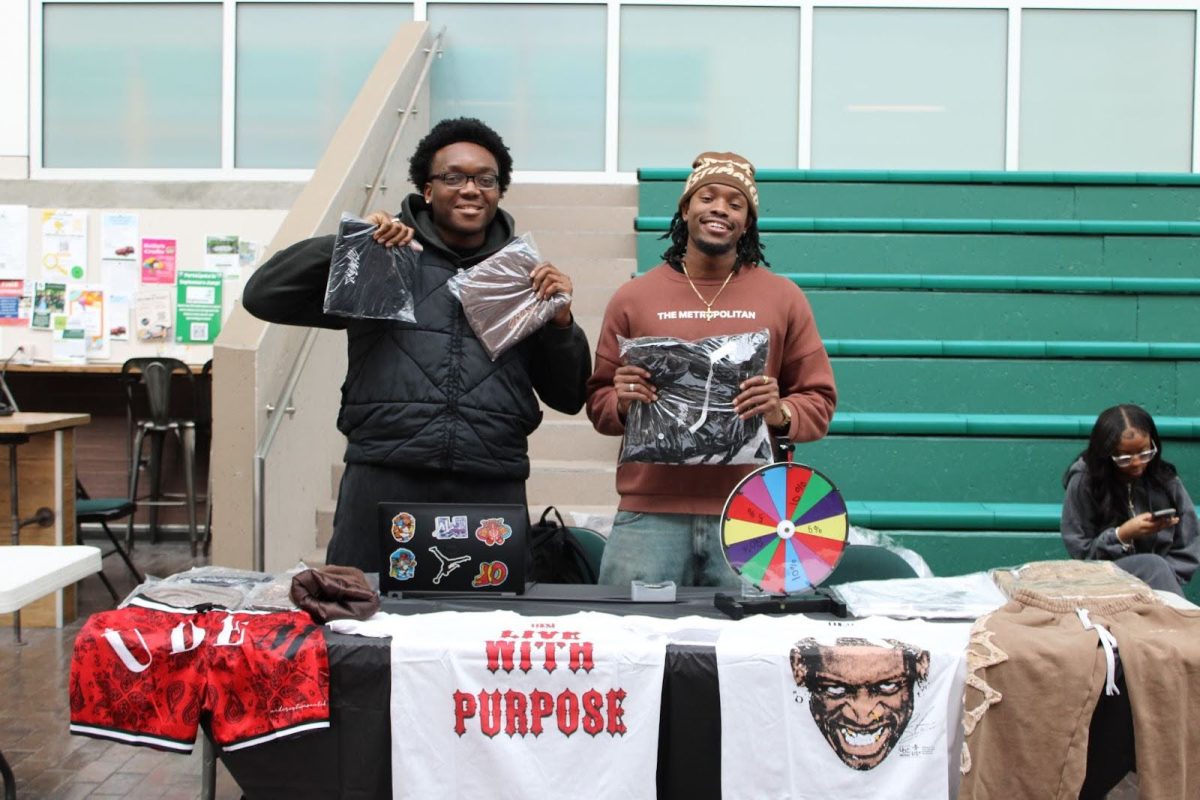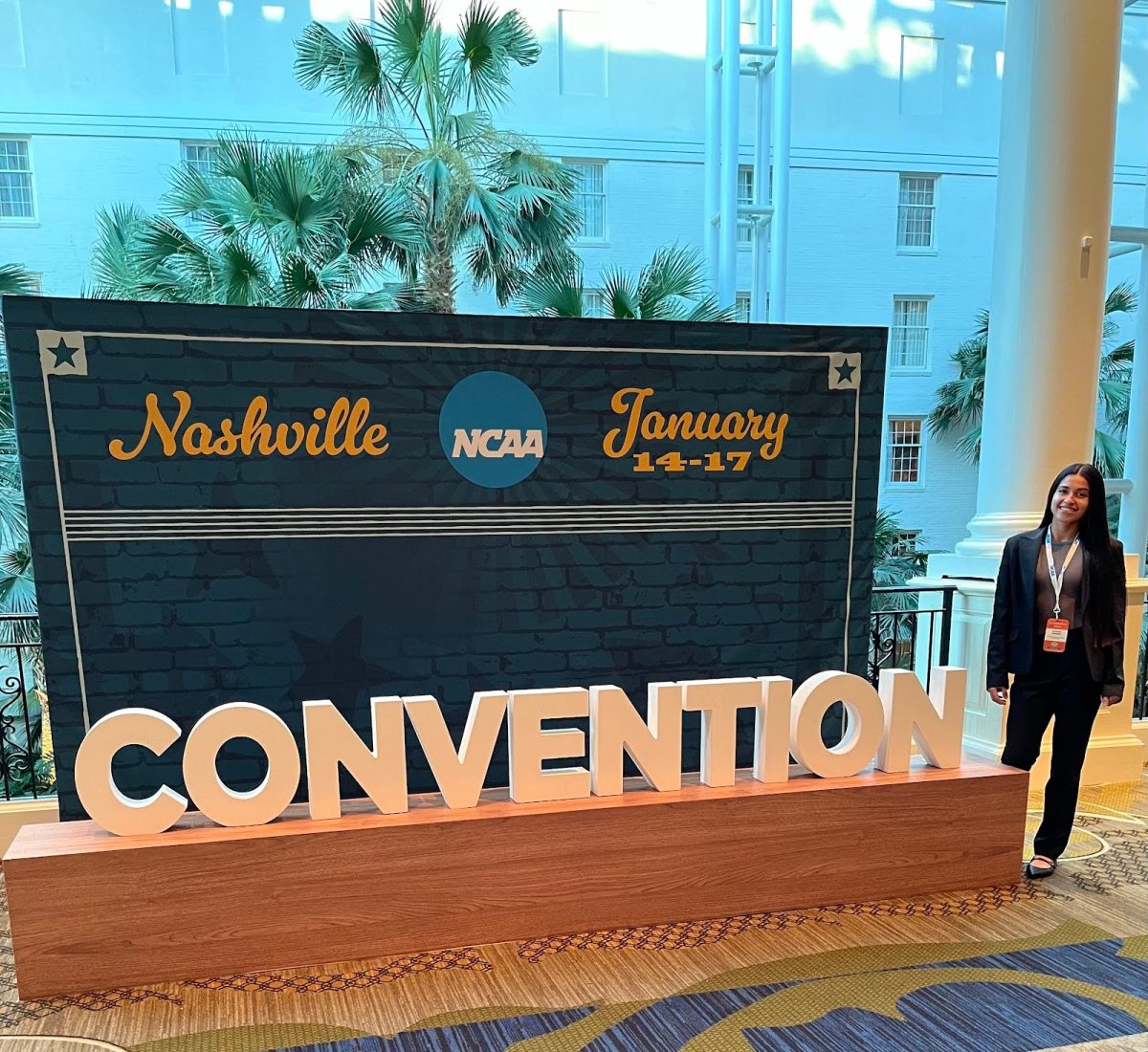Looking at your friends, families, and others biographies on Instagram, Twitter, or other social media platforms,you may notice people including their preferred gender pronouns, even if they are cisgender, or those who’s assigned gender they’ve kept. You may be confused seeing your cisgender female acquaintance putting “she/her” in her bio, thinking “well isn’t that obvious?”
But many are starting to do that to normalize when transgendered, nonbinary or gender nonconforming people put their preferred pronouns in their bios. If everyone is doing it, it creates a safer, more inclusive space on these sites and allows a conversation to start between the LGBTQ+ community and others.
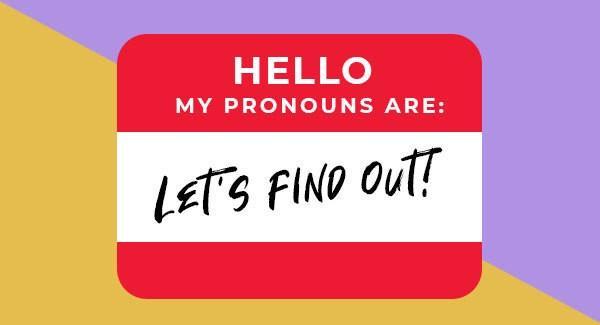
Assuming someone who “looks” female is a female can be damaging, policing peoples appearances regarding their identify can further harmful transgender stereotypes.
Some say “why is this necessary, why do it at all?” But if no one put their pronouns, there could be assumptions about a person that is wrong and continue the upsetting rhetoric non cisgender people have to go through daily.
In some work environments, people have begun to put their pronouns in their emails, but many fear being judged or not hired because of it. Forbes responded to that uncertainty in a recent article saying ‘‘Including pronouns in your email signature and social media profiles is an important move towards inclusivity,” says LGBT+ Inclusion Consultant Gina Battye. She added, “It shows you care about individuals preferences and is a simple solution to accidental misgendering.’’
If everyone ended their emails with their pronouns, it would be easier to feel included in the company and with your fellow employees.
Some politicians have also started to put their pronouns in their social media. Elizabeth Warren included “She/her” on her social media profiles, and other politicians such as Cory Booker, Julian Castro, Kamala Harris, Tom Steyer, and Pete Buttigieg have joined her. The Human Rights Campaign says that “stating your pronouns publicly as a cisgender ally sends a strong signal of support to the LGBTQ community.”
Being misgendered or hearing that pause in a conversation while someone tries to figure your gender out in real time is very damaging. Many LGBTQ+ individuals take time to figure where they are in the gender binary (if they even are), some experiencing body dysmorphia, and to be called the wrong thing can bring back painful memories or thoughts.
According to the American Psychiatric Association body dysmorphia is “a conflict between a person’s physical or assigned gender and the gender with which he/she/they identify. People with gender dysphoria may be very uncomfortable with the gender they were assigned, sometimes described as being uncomfortable with their body (particularly developments during puberty) or being uncomfortable with the expected roles of their assigned gender.”
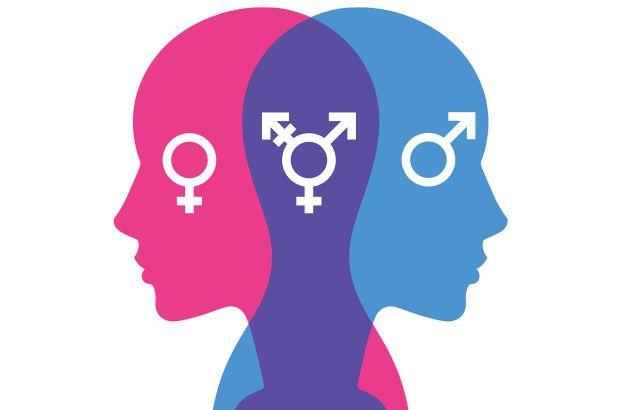
Individuals who have changed their name in their process of accepting themselves prefer not to be called their “dead name” or the name assigned at birth because they’re not comfortable with it anymore. As a progressive country, it’s hoped more individuals will join in this movement.


